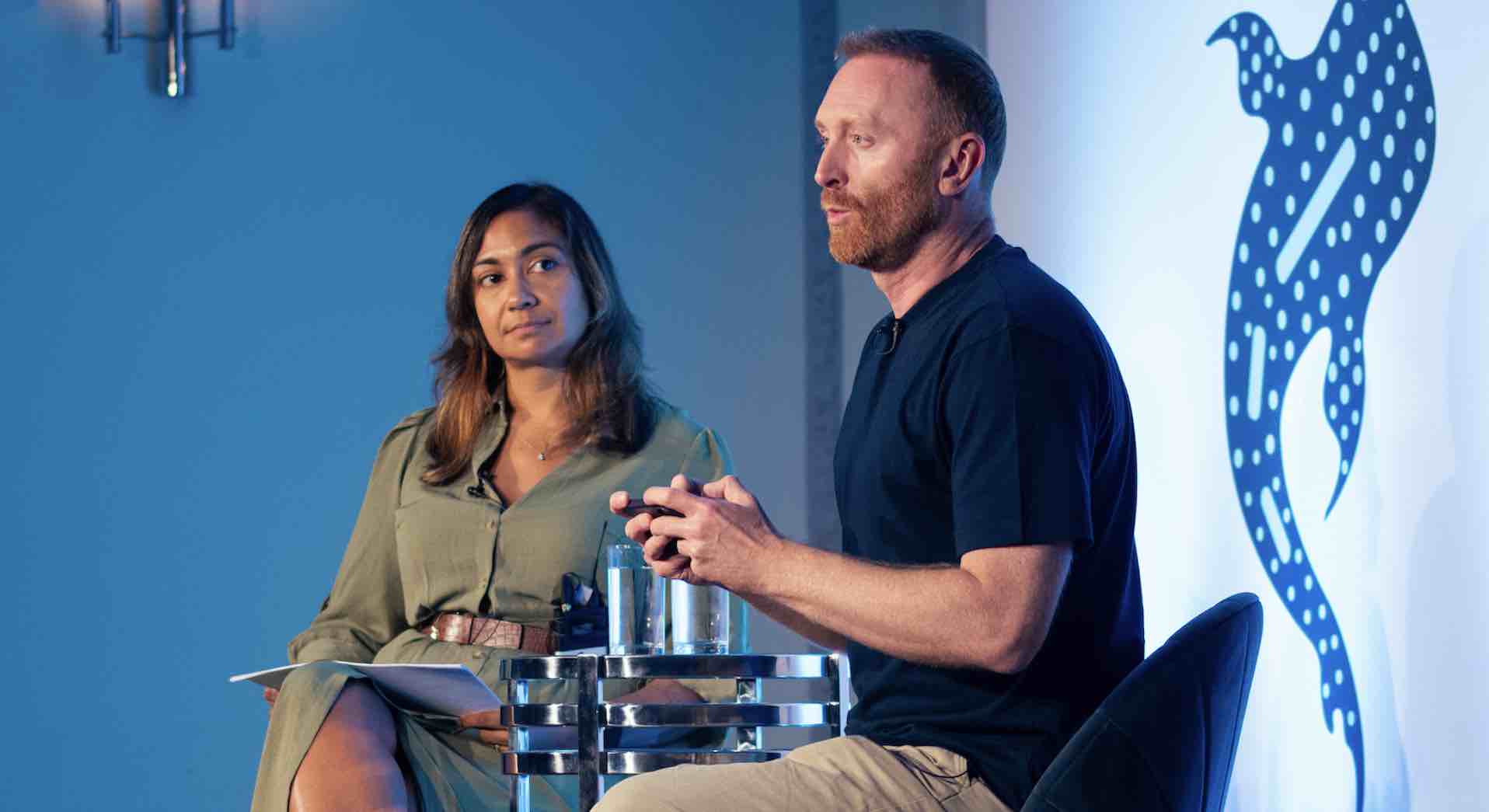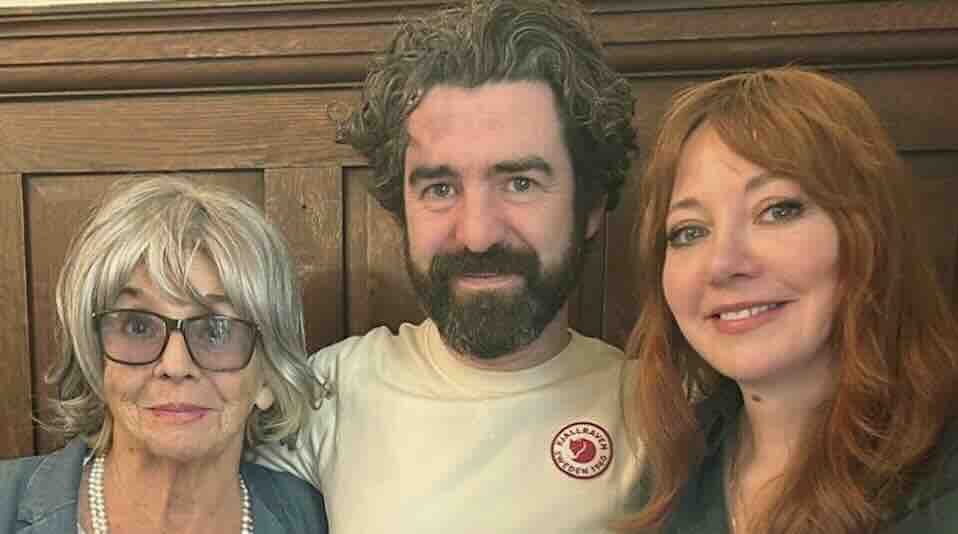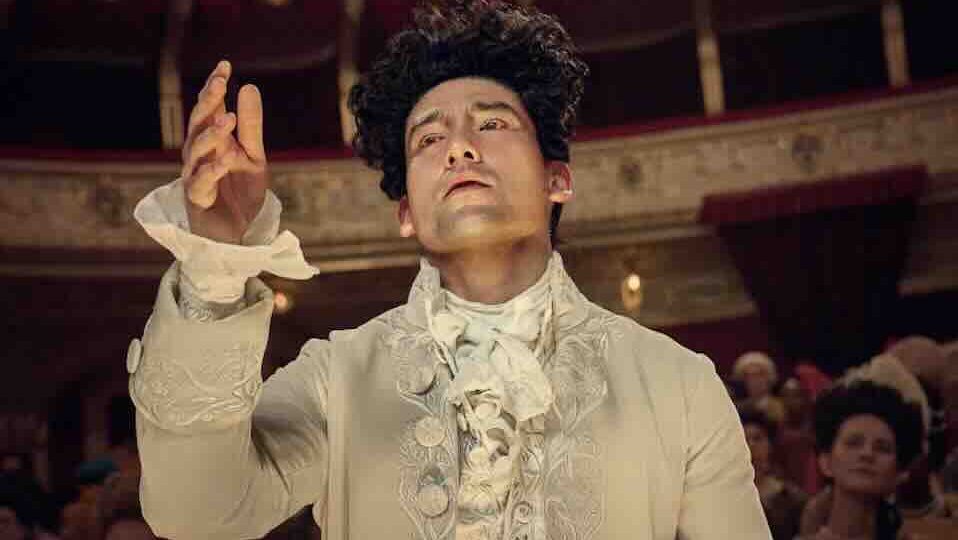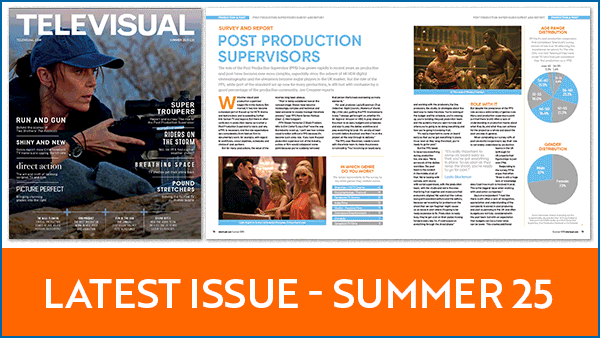The BBC is looking for more natural history retrospectives, potential returnable series, and stealing tone and approach from other genres, such as entertainment, true crime and travelogues. The goal is to find narratives that will extend the reach of the genre.
Delegates at this week’s Wildscreen Festival heard from BBC head of specialist factual commissioning Jack Bootle and head of natural history commissioning Sreya Biswas.
The BBC has 26 natural history projects currently in production, equalling 110 hours of content.
“Natural history remains vitally important to the BBC and Sreya and I are definitely open for business,” said Bootle.
While inflation and production costs have forced a reduction in the number of original titles, this was a message of reassurance.
Going forward, the BBC has invested £44m into original British natural history programming over the next four years.
While needing content to play on digital, Biswas stressed that linear TV enables the BBC “to bring together millions of people in what is still event TV – one of the only factual areas to still do this.”
That said, with digital appeal now vital, they continue to grapple with the change from traditional closed episodes, experimenting with narrative arcs, returning characters.
BBC Studios NHU production Big Cats 24/7 – described by Bootle as “like a Big Brother for wildlife” – has been a success, with series two already in the pipeline. The extensive shoot, coupled with new technology, has allowed the filmmakers to follow stories of individual characters over time. “As a viewer you’re really invested in the characters,” says Biswas. “You really feel like you’re living it through the crew.”
“Tonally it’s entertaining,” says Biswas, “which brings in a bigger audience as well.”Almost two million watched the first episode and after three days it was clear that the binge element was also working.
Bootle added a note about the importance of building brands, a tricky challenge in natural history, where the BBC – until now – has only had repeat success with “the Watches.” (Though even these have been subject to cutbacks.) “When we think a show has potential, we are prepared to back it even when we haven’t yet seen the full 28 day data,” said Bootle.
He urged producers to think of other potential for repeat series. “It’s worth thinking about what those other hubs of action are, where else in the world we can find a similar level of animal behaviour and animal characters.”
Other experiments using streamer techniques include Kingdom, releasing late 2025. The series follows four clans of animals over three and a half years, with a narrative arc across the series, with cliff hangers and life and death stakes. “It has a Game of Thrones quality” describes Bootle, “and is also very warm and highlights the animal ecosystem in a special way.”
Bootle made a call out for other ways of getting traction online. “It isn’t all about the narrative arc across a series, there must be other ways of doing it, and we’d love you to help us.”
Environment is stitched into everything they commission, said Biswas. Shows that focus on climate change include Our Changing Planet and the Earthshot Prize coverage.
Biswas described Our Changing Planet as “witnessing unfolding science in action…It helps you understand the problem without it being doom and gloom.”
Biswas said that she’s looking to other genres and how they approach storytelling. There’s definitely an accent on entertainment. “We want to look at other ways of telling environmental stories.” She cited Curve Media’s On Thin Ice: Putin v Greenpeace, “incredibly adrenalized….there’s a true-crime esque element to it which brought in a new audience.”
Travelogues are also an interesting area, such as Wilderness with Simon Reeve. “It’s a series that promises pleasure first,” says Bootle, “but tips out all sorts of fascinating information about deforestation, poaching, oceans.”
That said, “we’re not afraid of grimness….But people aren’t going to come back week after week if it’s all bad news.”
While much documentary on our screens is now told in the present tense, Bootle is actively looking for retrospective story-telling in the natural history genre. Female chimp commission Matriarch, recently announced, is in this vein, telling a story over 60 years. He also revealed a film called Secrets of the Spy Whale from Oxford Scientific Films takes an investigative approach to the story of a Beluga whale found in a Norwegian fjord.
When it comes to human talent on screen, the BBC is interested in working with presenters in different ways. One recent success story is wildlife cameraman Hamza Yassin. They are looking to invest in local in country talent and under-represented voices.
Single films are still on the agenda, referenced by Biswas in the context of “a strong repertoire of educational films.”They can be feature length or one hour, narrative driven, mostly focusing on a wider international picture and really thinking about form and approach.
Of course, there’s still demand for the high performing blue-chip series which do amazing numbers for the BBC. They’re among the highest rated shows on the schedule, taking on Happy Valley and Strictly in terms of numbers.
Upcoming Hidden Planet will use macro technology to film insects. And newly announced Secret Garden will give our back gardens the blue chip treatment.
Additional reporting from Georgia Walters
Pippa Considine
Share this story


















